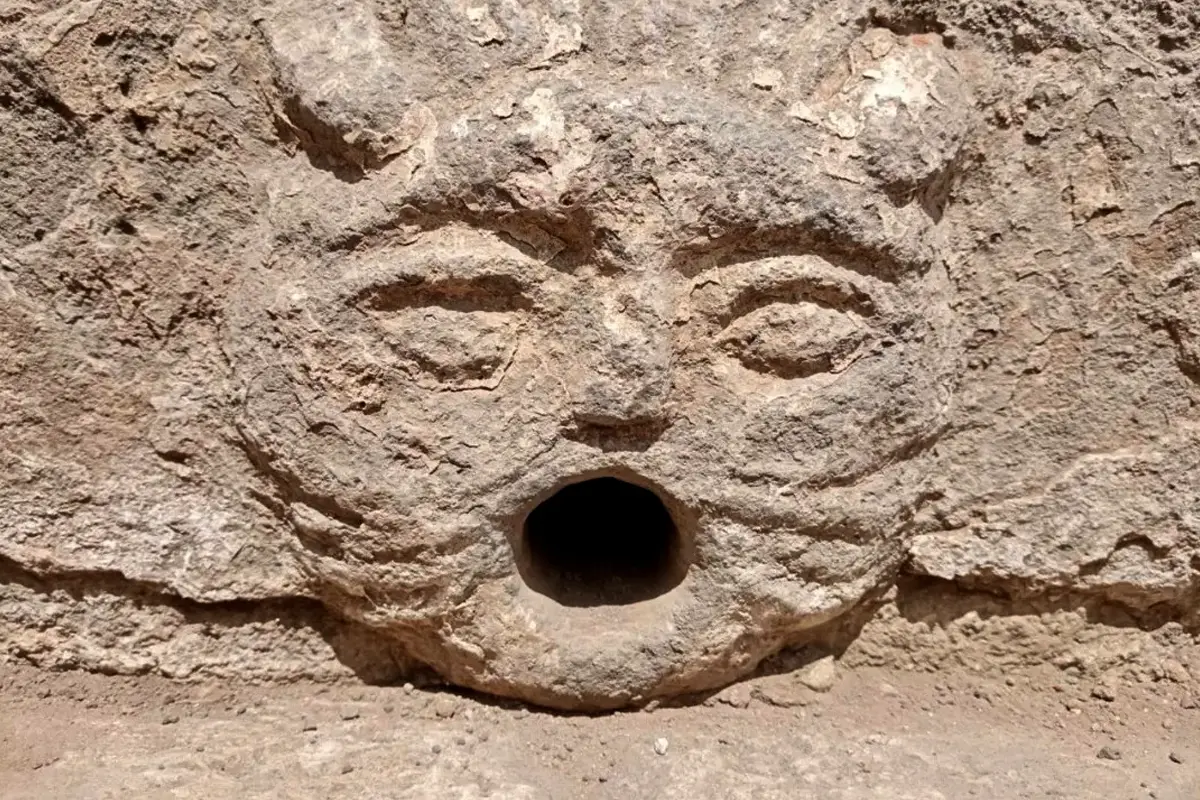Archaeologists from Ecuador’s National Institute of Cultural Heritage (INPC) have uncovered remnants of an early colonial-era city that was destroyed by a devastating earthquake in 1797.
Located in the San Miguel plains in modern-day Riobamba, Ecuador, the settlement was the first attempt to establish a city (also called Riobamba) by Diego de Almagro in 1534.
In 1797, a powerful earthquake struck Ecuador’s Interandean valley, with its epicentre in the Riobamba area. The quake triggered massive landslides that obliterated the settlement and caused widespread destruction across nearby cities, including Guaranda, Ambato, and Latacunga, as well as the towns of Saquisilí and Baños.
Riobamba was rebuilt 14 km (8.7 miles) from its original location near the ancient city of Liribamba, the capital of the ancient Puruhá people on the plains of San Antonio de Aguíscate.

Recent excavations carried out as part of an urban regeneration project by the Colta Canton have led to the discovery of structures, everyday objects, and parts of a convent.
Among the discoveries are stone-built water canals that transported water, various decorative architectural elements, and kitchen utensils such as cutlery and stoves used by Riobamba’s former residents.
According to a press statement issued by the INPC: “The most notable find is a large, cobbled courtyard that was part of the Jesuit convent, and a stone quarry that was used for sourcing stone in the early construction period of Riobamba.
The National Institute of Cultural Heritage (INPC) has begun analysing the recovered artefacts which are providing a rare glimpse into colonial life more than 200 years ago.
Header Image Credit : National Institute of Cultural Heritage (INPC)
Sources : INPC





